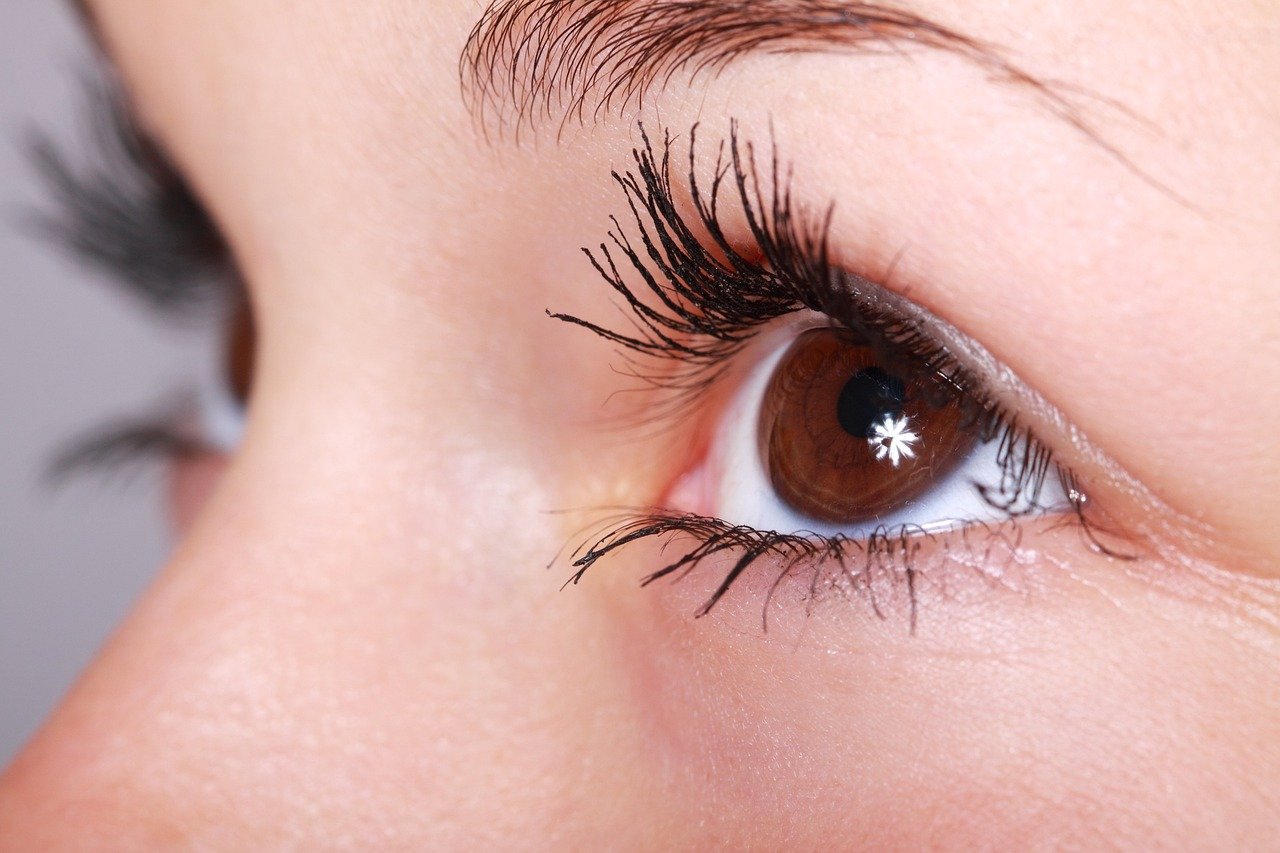In the digital age, maintaining good eye health is essential as screen time increases for both children and adults. This blog post offers guidance on habits that promote eye well-being, explains how the eyes function, and suggests ways to integrate these practices into daily life. It also explores future trends and technologies in eye health, equipping readers with the knowledge to protect their vision.
Understanding the Basics of Eye Health
Our eyes are intricate organs that capture light and translate it into the images we see. Comprising numerous components such as the cornea, lens, and retina, the eye works like a camera, focusing light and sending signals to the brain. However, like any complex system, the eyes can face issues. Common problems include dry eyes, blurred vision, and conditions like myopia and astigmatism, which can significantly affect quality of life.
Beyond these prevalent concerns, it’s essential to recognize early signs of potential eye health issues. Symptoms such as persistent headaches, difficulty focusing, and increased sensitivity to light often indicate underlying problems. Understanding these signs helps in seeking timely medical advice, which is critical for maintaining optimal eye health. Regular check-ups with eye care professionals can prevent minor issues from escalating into more severe conditions.
With the rise of digital technology, new challenges to eye health have emerged. Prolonged exposure to screens can lead to digital eye strain, characterized by discomfort, fatigue, and dryness. Furthermore, blue light emitted by screens may contribute to eye damage over time. Thus, understanding how modern lifestyles impact our eyes empowers us to take proactive steps in protecting them.
Top Habits for Maintaining Good Eye Health
The Importance of Regular Eye Exams
Regular eye exams are a fundamental part of maintaining eye health. Optometrists can detect changes in vision and identify early signs of eye diseases like glaucoma and macular degeneration. Adults should aim for an eye exam every two years, while children and older adults may require more frequent visits based on their needs.
Eye exams are not just about vision correction; they also provide insights into overall health. Conditions like diabetes and high blood pressure can manifest in the eyes before other symptoms appear. Early detection through routine check-ups allows for timely treatment, preventing complications and preserving vision.
For parents, ensuring children receive regular eye exams is crucial. Eye doctors like those in St. George can play a vital role in this process. Early detection of vision issues in children can significantly impact their development and academic performance. Addressing problems like lazy eye or refractive errors early can lead to better outcomes and improved quality of life.
The Role of Nutrition in Supporting Eye Health
A balanced diet rich in essential nutrients can greatly benefit eye health. Vitamins A, C, and E, as well as minerals like zinc, play a vital role in maintaining healthy vision. Foods high in these nutrients, such as leafy greens, carrots, and citrus fruits, should be staples in your diet.
Omega-3 fatty acids, found in fish like salmon and tuna, contribute to retinal health and may reduce the risk of dry eyes. Antioxidants like lutein and zeaxanthin, found in foods like kale, peas, and corn, protect the eyes from harmful light and oxidative damage. Consuming a variety of nutrient-rich foods can support eye health and reduce the risk of age-related conditions.
Hydration is equally important. Drinking plenty of water ensures that your body produces enough tears to keep your eyes well-lubricated. Incorporating these dietary habits into your lifestyle can provide long-term benefits for your vision.
Recommended Habits for Parents to Protect Their Children’s Eyes
Protecting children’s eyes starts with modeling good habits. Encourage breaks from screens by setting limits on screen time and promoting outdoor play. Outdoor activities not only give young eyes a break from close-up focus but also expose them to natural light, which is beneficial for eye development.
Educate children on the importance of eye care. Teach them to hold their devices at a proper distance and remind them to blink frequently. Providing children with sunglasses that block UV rays can also protect their eyes from sun damage during outdoor play.
Lastly, ensure children wear protective eyewear during sports or activities where eye injuries could occur. Instilling these habits early sets the foundation for a lifetime of healthy vision practices.
Incorporating Eye Health Practices into Daily Life
Integrating eye health habits into your daily routine doesn’t have to be complicated. Start by creating a consistent schedule for breaks during screen time. Use reminders or apps that prompt you to follow the 20-20-20 rule, making it easier to develop this habit.
Incorporate eye-friendly foods into your meals by planning and preparing nutrient-rich dishes in advance. Simple snacks like carrot sticks or fruit smoothies can boost your intake of essential vitamins and minerals. In addition, encourage family meals that include a variety of colorful vegetables and fish.
Build regular eye exams into your healthcare routine. Schedule them alongside annual physicals to ensure they’re not overlooked. Consider setting up regular family appointments to make eye care a shared priority, ensuring everyone in your household receives the necessary attention.
The Future of Eye Health
Emerging technologies and trends are shaping the future of eye health. Advances in artificial intelligence are allowing for more accurate diagnoses and personalized treatment plans. AI-powered tools are assisting eye care professionals in detecting conditions earlier and improving patient outcomes.
Wearable technology is also making strides in eye health. Devices like smart glasses and contact lenses equipped with sensors provide real-time health monitoring and data collection. These innovations have the potential to enhance vision correction and provide new insights into eye health management.
Research into regenerative medicine and gene therapy holds promise for treating eye diseases previously considered untreatable. These cutting-edge developments offer hope for restoring vision and improving quality of life for those affected by severe eye conditions.
Conclusion
Prioritizing eye health is essential in our screen-dominated world. By adopting simple habits such as reducing digital eye strain, incorporating nutrient-rich foods, and scheduling regular eye exams, you can protect your vision for the long term. Encourage these practices within your family to instill lifelong eye care habits.











